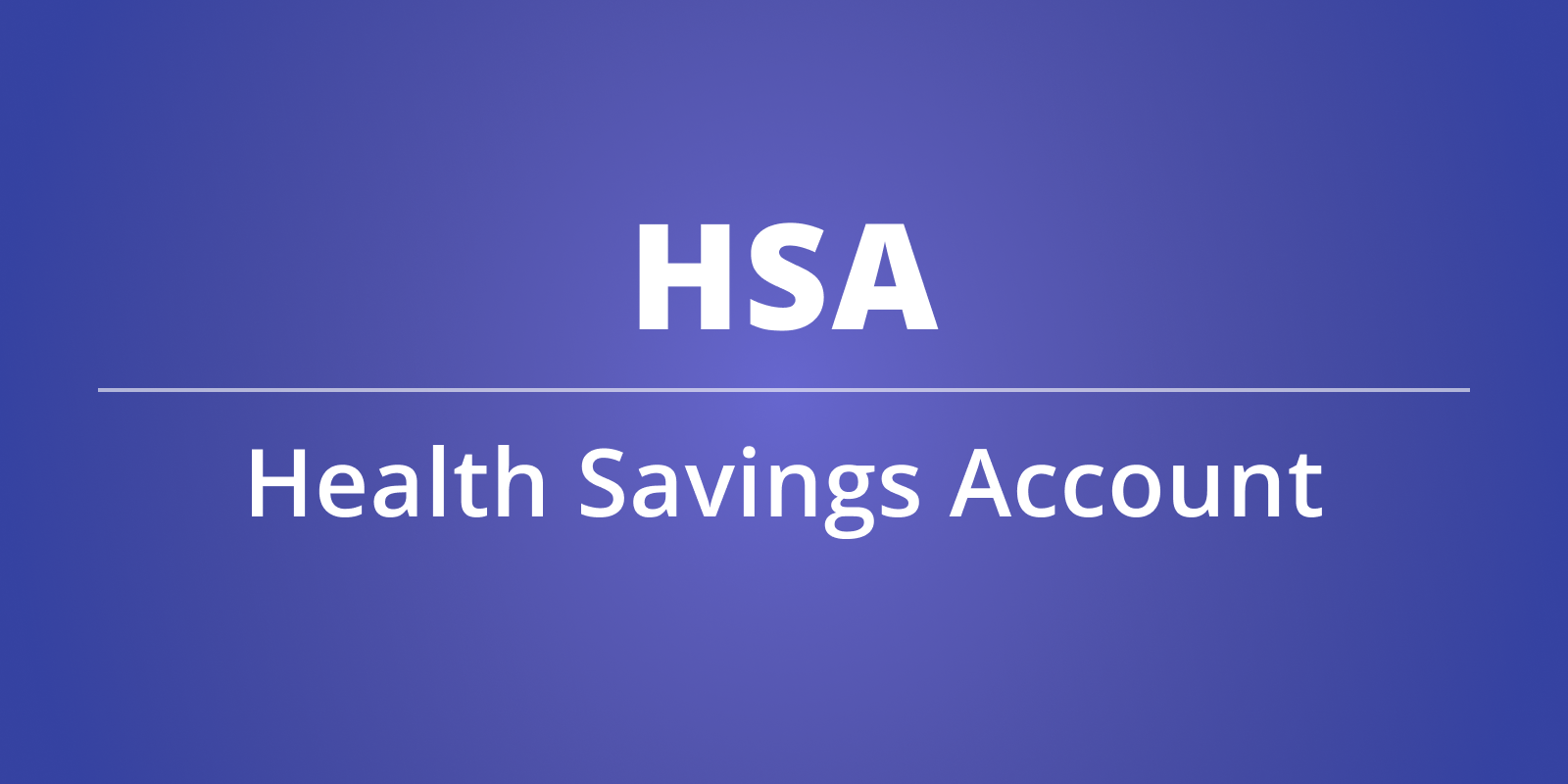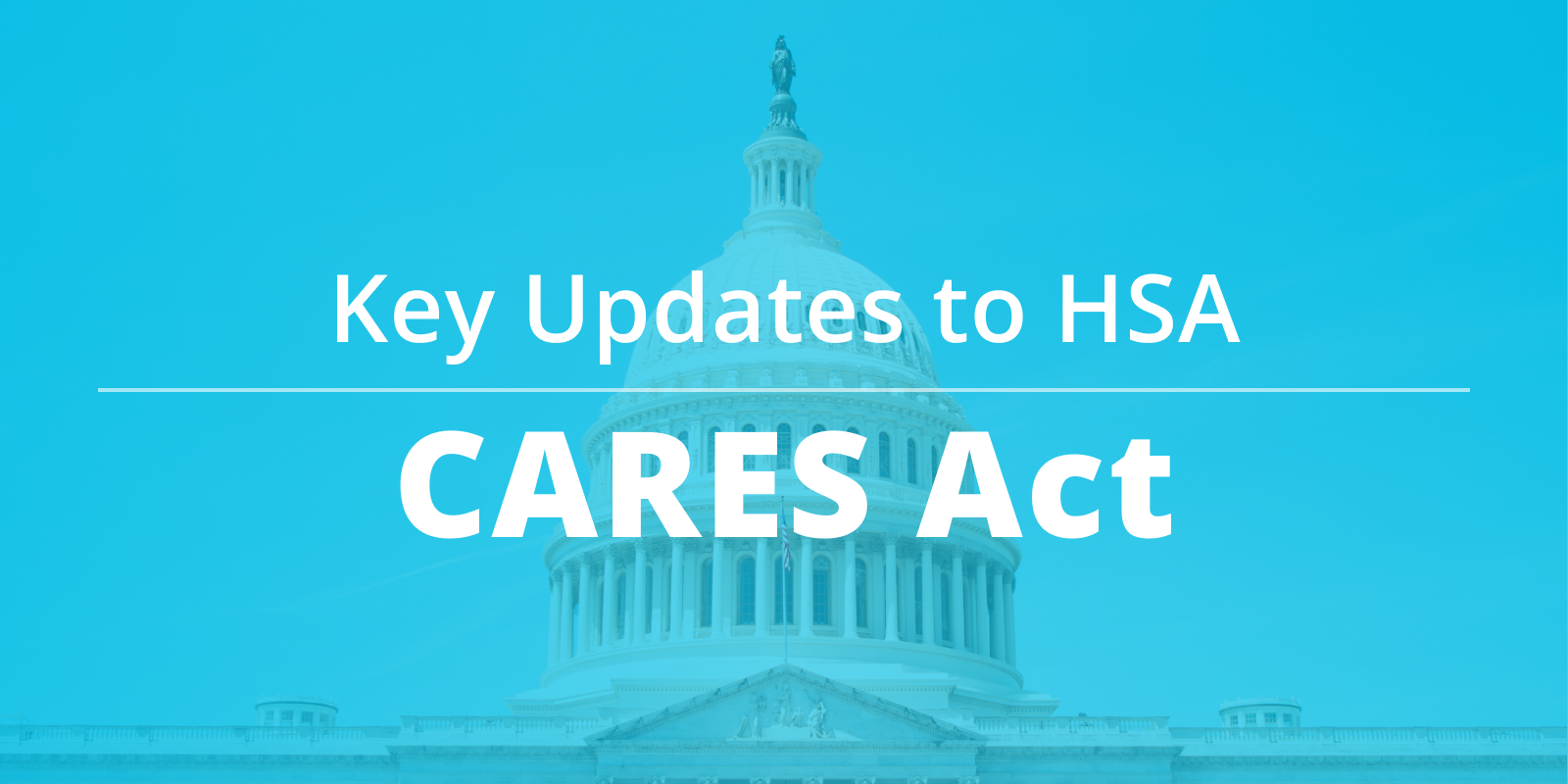A Health Savings Account (HSA) or a Flexible Spending Account (FSA) allows people to contribute pretax dollars for qualified medical expenses such as copayments and deductibles. While both accounts offer tax benefits with pre-defined annual contribution limits defined by the IRS, they have fundamental differences. Furthermore, one cannot contribute to an HSA and a traditional FSA in the same year. HSA plan holders can contribute to a Limited Plan FSA (LPFSA).
Key Differences Between HSA and FSA
Qualification
HSAs require a qualified high-deductible health plan. An employer must set up FSAs.
Rollover
Unused funds in an HSA rollover every year. Funds in an FSA typically expire at the end of the year – a use-it-or-lose-it model. Employers can choose to give employees a grace period of 2 1/2 months to use remaining funds or roll over up to $500 into the next year’s FSA.
Annual Contributions
In 2020, the HSA plan holders can contribute a maximum of $3,550 for self-only and $7,100 for families. The catchup contribution for individuals age 55 or over is $1000. For FSA, an individual can contribute a maximum of $2,750. While a working couple can contribute to their respective FSA for a maximum contribution of $5,500 for a family, they cannot apply both accounts to the same expense.
Reimbursement
HSA plan holders cannot spend more than the funds deducted from their paycheck at any point of time in a year. They can file for reimbursement later in the year for eligible medical expenses. FSAs are available early in the year, provided the plan holders contribute their chosen amount by the year’s end.








